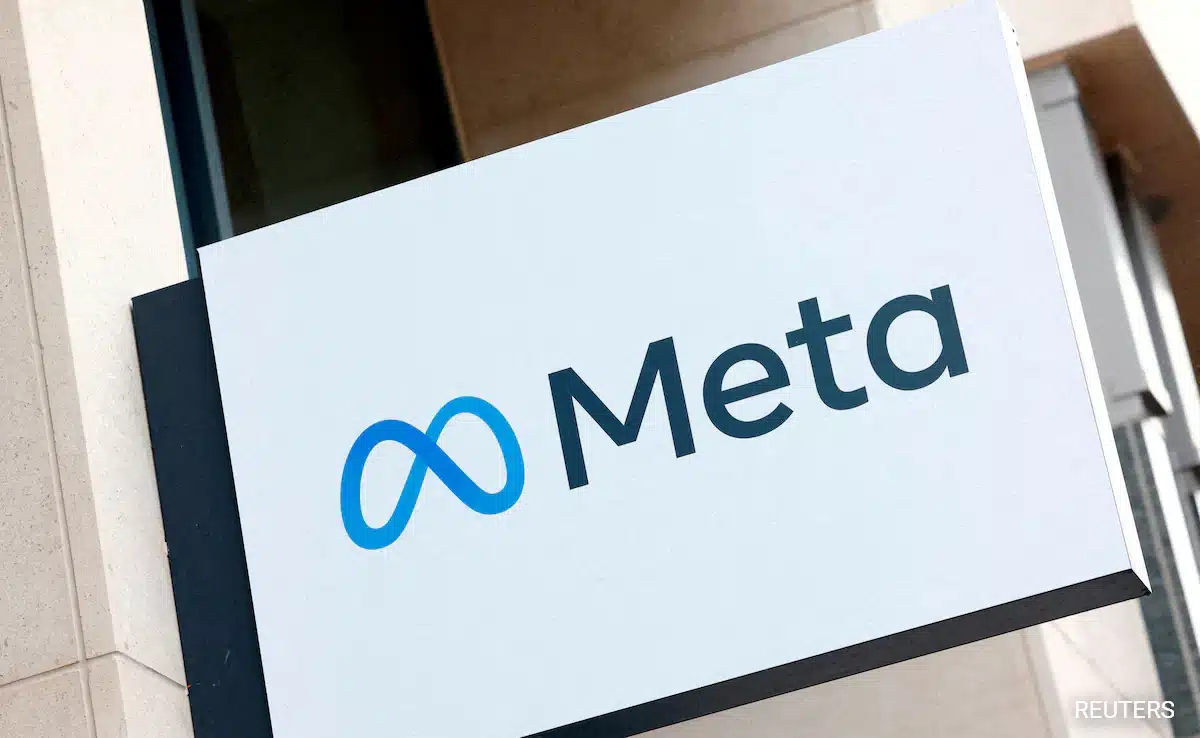Meta’s Major Shift in Content Moderation Policies

Meta Platforms, the parent company of Facebook, Instagram, and Threads, has announced a significant overhaul of its content moderation policies. This change comes as the company faces mounting pressure from conservative voices and prepares for the upcoming presidency of Donald Trump. The decision to scrap its fact-checking program and ease restrictions on discussions surrounding contentious topics marks a pivotal moment for the social media giant.
Changes to Fact-Checking and Content Moderation
On Tuesday, Meta revealed that it would discontinue its U.S. fact-checking program. This program, established in 2016, aimed to combat misinformation on its platforms. Instead of relying on formal fact-checkers, CEO Mark Zuckerberg announced a new approach called “community notes.” This system will allow users to contribute information and context to controversial claims, similar to a feature on Elon Musk’s platform, X.
Zuckerberg emphasized that the company would no longer proactively scan for hate speech or other violations. Instead, it will review posts only when users report them. The focus will shift to addressing severe violations, such as terrorism and child exploitation. This marks a significant departure from Meta’s previous strategy, which aimed to actively monitor and mitigate harmful content.
The decision to move content moderation teams from California to Texas and other locations has raised eyebrows among employees. Many are left confused, as Meta has not communicated specific plans regarding these relocations. This change reflects a broader shift in Meta’s approach to political content, as the company seeks to align itself more closely with the incoming administration.
Reactions from Political Figures and Fact-Checkers
The announcement has elicited mixed reactions from political figures and organizations involved in fact-checking. Donald Trump welcomed the changes, stating that Meta has made significant progress. He noted Zuckerberg’s impressive demeanor during a recent press conference. However, Trump also hinted that Zuckerberg’s actions might be influenced by his previous threats against the CEO.
Conversely, the fact-checking community expressed surprise and disappointment at the dissolution of the program. Organizations like the International Fact-Checking Network criticized Zuckerberg’s portrayal of their work as biased. They argued that fact-checking journalism has always aimed to provide context and debunk misinformation, rather than censoring content. Kristin Roberts, Gannett Media’s chief content officer, reiterated that truth and facts serve everyone, regardless of political affiliation.
This divide highlights the ongoing tension between social media platforms and the need for responsible content moderation. Critics argue that the rollback of fact-checking measures could exacerbate the spread of misinformation, especially in a politically charged environment.
Implications for Meta and Global Content Moderation
Meta’s decision to phase out its fact-checking program raises questions about the future of content moderation on social media platforms. As misinformation continues to evolve, experts warn that this shift could lead to an increase in harmful content. Ross Burley, co-founder of the Centre for Information Resilience, described the move as a significant step back for content moderation. He suggested that it appears to be more about political appeasement than effective policy.
While these changes are currently limited to the U.S. market, Meta has no immediate plans to end its fact-checking initiatives in regions like the European Union. The EU has stricter regulations regarding online content and requires platforms to tackle illegal content actively. Any company found in violation of these regulations could face hefty fines.
As Meta begins to implement community notes in the U.S. over the coming months, the company will need to navigate the complexities of content moderation in a rapidly changing landscape. The effectiveness of this new approach remains to be seen, especially as the company grapples with the challenges of misinformation and user safety.
Looking Ahead: The Future of Meta’s Policies
As Meta moves forward with its revised content moderation policies, the company faces a critical juncture. The decision to abandon its fact-checking program and adopt community notes reflects a broader trend in social media toward prioritizing free expression. However, this shift raises concerns about the potential for increased misinformation and harmful content on its platforms.
Zuckerberg’s acknowledgment of the recent U.S. elections as a cultural tipping point suggests that Meta is keenly aware of the political landscape. The company’s efforts to mend relationships with conservative voices may resonate with some users, but it could alienate others who value rigorous content moderation.
In the coming months, Meta will need to demonstrate the effectiveness of its new approach. The success of community notes will depend on user engagement and the ability to provide accurate context to controversial claims. As the company navigates this transition, it must balance the demands for free expression with the responsibility to protect users from harmful content. The outcome of this experiment could have lasting implications for the future of social media and content moderation practices worldwide.
Observer Voice is the one stop site for National, International news, Sports, Editor’s Choice, Art/culture contents, Quotes and much more. We also cover historical contents. Historical contents includes World History, Indian History, and what happened today. The website also covers Entertainment across the India and World.

